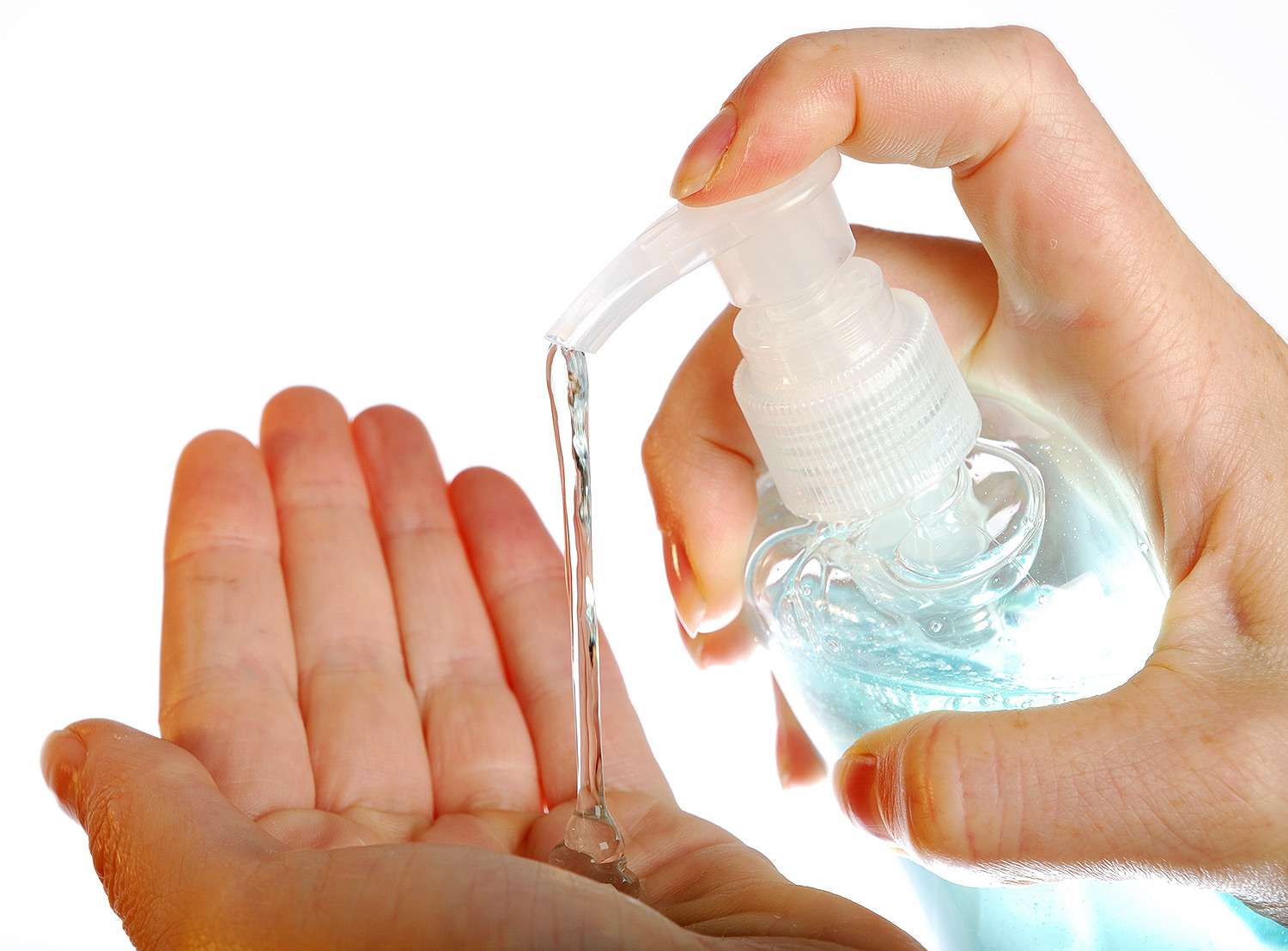Hundreds of Americans Poisoned by Hand Sanitizers from Mexico, FDA Says

The U.S. Food and Drug Administration has reported 84 percent of hand sanitizer products imported from Mexico sampled from April 2020 through December 2020 contained poisonous ingredients.
Due to the increased use of alcohol-based products amid the ongoing coronavirus pandemic, the FDA has cautioned users about buying generic brands.
Of the products tested in 2020 for harmful ingredients, "more than half of the samples were found to contain toxic ingredients, including methanol and/or 1-propanol, at dangerous levels," the organization reported in a release on Tuesday.
RELATED: China Is Now Using Anal Swabs to Test for COVID in High-Risk Groups
Methanol products can result in severe symptoms such as blindness, cardiac effects, effects on the central nervous system, hospitalizations, coma and death, in addition to mild symptoms such as nausea, vomiting, headaches, blurred vision and seizures, the FDA said.
"Consumer use of hand sanitizers has increased significantly during the coronavirus pandemic, especially when soap and water are not accessible, and the availability of poor-quality products with dangerous and unacceptable ingredients will not be tolerated," FDA Associate Commissioner for Regulatory Affairs, Judy McMeekin, Pharm.D. said.
RELATED: Total Tally of Worldwide Coronavirus Cases Surpasses 100 Million
The agency has also cautioned that people can get poisonous exposure from the harmful ingredients topically and orally. The latter type of exposure affects children more as they tend to put their hands in their mouth more frequently.
The FDA is now increasing efforts to detain hand sanitizers at the border and will operate with heightened scrutiny.
They agency has also created a list of hand sanitizers it has detected that are unsafe.
In this month alone, there were 900 accidental poisoning cases in the U.S. involving hand sanitizer, CBS reported.
As information about the coronavirus pandemic rapidly changes, PEOPLE is committed to providing the most recent data in our coverage. Some of the information in this story may have changed after publication. For the latest on COVID-19, readers are encouraged to use online resources from CDC, WHO, and local public health departments. To help provide doctors and nurses on the front lines with life-saving medical resources, donate to Direct Relief here.
Source: Read Full Article


